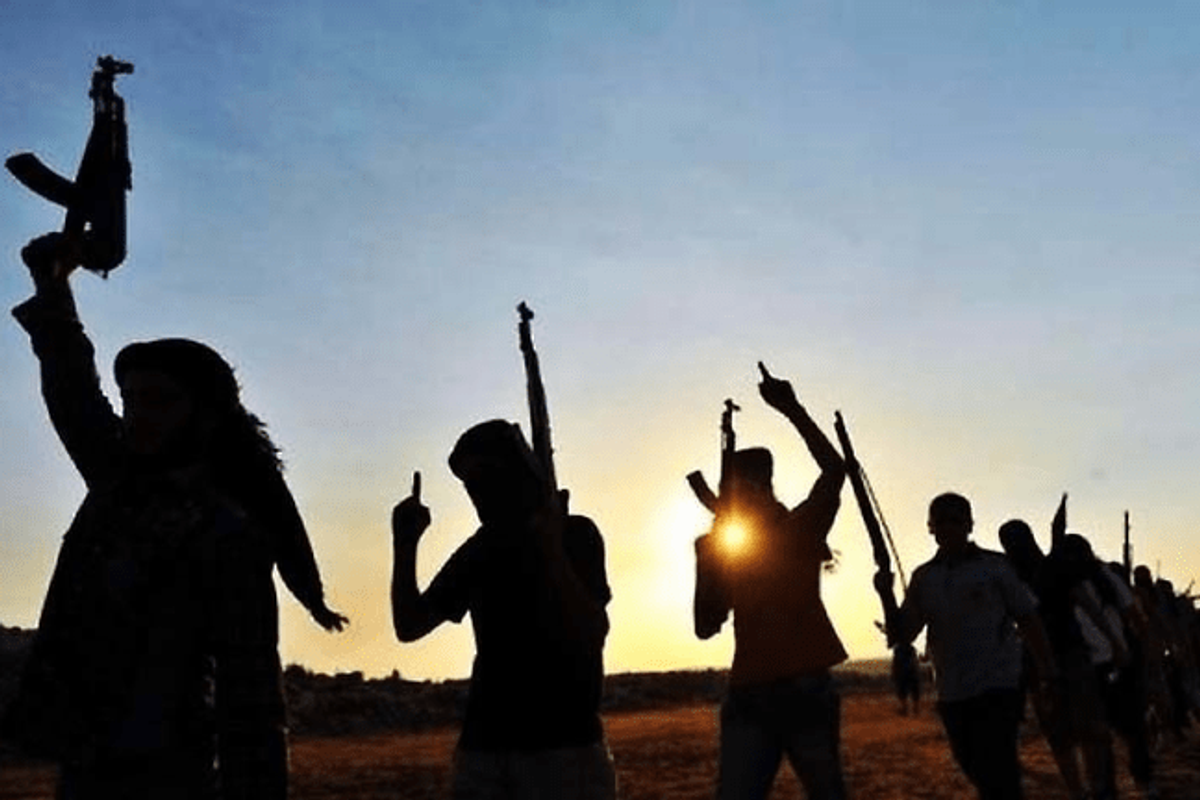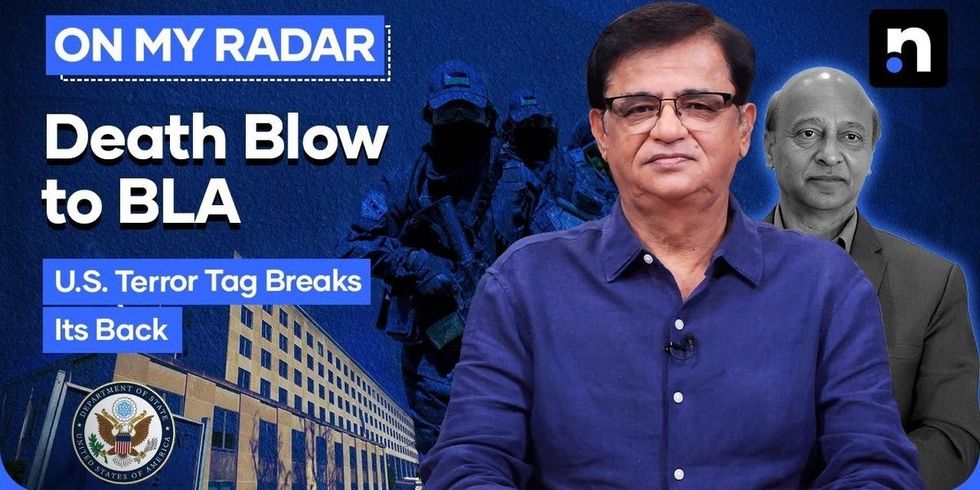BLA terror tag boosts Pakistan’s diplomacy but may not curb insurgency, say analysts
Pakistan hails US move as a blow to militancy, though analysts question its impact on insurgents in Balochistan’s mountains
Murtaza Zehri

The BLA operates in a mineral-rich province bordering Afghanistan and Iran, home to Gwadar port, a key CPEC project.
AFP/File
The United States has designated the Baloch Liberation Army (BLA) and its armed wing, the Majeed Brigade, as global terrorist organizations, a move welcomed by officials in Pakistan’s restive Balochistan province as a step against militancy.
The designation, announced in Washington, drew immediate responses across government, military, and political circles, as well as from analysts and residents. Supporters argue it will tighten the international noose around Baloch insurgent networks, while critics accuse the US of ignoring alleged atrocities committed elsewhere, particularly in Gaza.
For decades, separatist armed groups have waged an insurgency in Balochistan. Their attacks have targeted military personnel, local security forces, infrastructure, and government facilities.
Among them, the BLA is considered one of the most formidable, operating in a mineral-rich province bordering Afghanistan and Iran - also home to the deep-water Gwadar port, a flagship Chinese investment under the China-Pakistan Economic Corridor (CPEC).
Announcing the designation, US Secretary of State Marco Rubio cited several deadly attacks, including the March hijacking of the Jaffar Express from Quetta to Peshawar, which left 31 civilians and security personnel dead and more than 300 passengers held hostage.

“This decision demonstrates the Trump administration’s commitment to fighting terrorism,” Rubio said. “It is an important step to reduce support for terrorist activities.”
Washington cites deadly attacks
The decision imposes strict legal and financial sanctions, including a ban on providing material support to the groups. The Majeed Brigade had previously been listed in 2019 under the BLA’s “Specially Designated Global Terrorist” classification.
The State Department said the new action falls under Section 219 of the Immigration and Nationality Act and Executive Order 13224, and will take effect upon publication in the Federal Register.
Analysts say the designation could make it harder for leaders of these organizations to travel, seek medical care abroad, or conduct financial transactions. However, insurgents operating in the mountains of Balochistan may see little direct impact, as they typically lack bank accounts, formal registrations, or overseas travel.
Veteran journalist Shehzada Zulfiqar noted that if Pakistan’s claims are correct that Baloch separatist leaders are based in Afghanistan or India, the decision could limit their mobility in those countries as well. “Diplomatically, this strengthens Pakistan’s position,” he added.
The Balochistan government has openly welcomed the US decision.
Chief Minister Sarfraz Bugti credited the federal government and Field Marshal General Asim Munir for presenting Pakistan’s case in Washington, saying, “The banned BLA and Majeed Brigade shed the blood of innocents in the name of ethnicity and rights. Terrorism is terrorism - no cause can justify the killing of civilians.”
Former provincial spokesperson Babar Yousafzai called the designation “a positive step” that exposes India’s alleged use of banned groups as proxies in Balochistan.
Militant tactics and leadership uncovered
The Majeed Brigade first emerged in 2011 after claiming responsibility for an attack on Baloch leader Shafiq Mengal in Quetta. It was named after Majeed Lango, a militant killed in 1975 while attempting to assassinate then-Prime Minister Zulfikar Ali Bhutto. The modern incarnation was founded by Aslam Achu, a BLA commander who championed suicide attacks against Chinese nationals and Pakistani state targets, especially in retaliation to CPEC projects.
Achu orchestrated several high-profile operations, including using his own son Rehan as a suicide bomber, and allegedly involving his future daughter-in-law, Samiya, in another attack. He was killed in 2018 in Kandahar, Afghanistan, amid reports of links to India’s intelligence agency RAW.
The group’s operations focus heavily on targeting Chinese nationals and security forces. It has recruited a notable number of female suicide bombers.
In 2022, a woman named Shari carried out a suicide bombing at Karachi University, killing three Chinese nationals and a Pakistani driver. In 2023, Samiya Qalandani targeted security forces in Turbat. The following year, a woman named Mahal attacked a security checkpoint in Lasbela district, with the BLA also claiming responsibility.
Analysts say the latest US designation adds a new layer of diplomatic and legal pressure but whether it will curb militant activities in Balochistan’s rugged terrain remains an open question.










Comments
See what people are discussing